Bis(trimethylsilyl)acetylene
Synonym(s):BTMSA
- CAS NO.:14630-40-1
- Empirical Formula: C8H18Si2
- Molecular Weight: 170.4
- MDL number: MFCD00008276
- EINECS: 238-671-9
- SAFETY DATA SHEET (SDS)
- Update Date: 2025-09-25 17:15:13

What is Bis(trimethylsilyl)acetylene?
Chemical properties
clear colorless liquid after melting
The Uses of Bis(trimethylsilyl)acetylene
BTMSA is used as starting reagent in the synthesis of functionalized 4-R-1,2-bis(trimethylsilyl)benzenes. It is also used in the synthesis of (+)-brasilenyne2 and (β-diketanato)Ag(BTMSA). Bis(trimethylsilyl)acetylene is a ligand that binds to a central metal ion (e.g. Titanium) to create a coordination complex. One of its complexes, Permethyltitanocene-bis(trimethylsilyl)acetylene, is a catalyst for the head-to-tail dimerization of 1-alkynes (e.g. 3-Penten-1-yne [P227430]).
The Uses of Bis(trimethylsilyl)acetylene
In the presence of CpCo(CO)2 (cat. no. 245259), undergoes cycloaddition with 1,5-hexadiynes to form benzocyclobutenes.1
General Description
Bis(trimethylsilyl)acetylene (BTMSA) participates as nucleophile in Friedel-Crafts type acylations and alkylations. BTMSA undergoes rhodium catalyzed addition reaction with diarylacetylenes. It undergoes cycloaddition with 1,5-hexadiynes in the presence of CpCo(CO)2 (Cp=cyclopentadienyl) to form benzocyclobutenes. Structure of BTMSA was characterized by a centre of inversion present on triple bond (length=1.208(3)?). TiCl4-Et2AlCl catalyzed Diels-Alder reaction of BTMSA with norbornadiene has been reported.
Purification Methods
Dissolve it in pet ether and wash it with ice-cold dilute HCl. The pet ether extract is dried (MgSO4), evaporated and fractionated at 760mm. [Walton & Waugh J Organomet Chem 37 45 1972, Beilstein 4 IV 3950.]
Properties of Bis(trimethylsilyl)acetylene
| Melting point: | 21-24 °C(lit.) |
| Boiling point: | 136-137 °C(lit.) |
| Density | 0.752 g/mL at 25 °C(lit.) |
| refractive index | n |
| Flash point: | 29 °C |
| storage temp. | 2-8°C |
| solubility | soluble in Chloroform, Methanol |
| form | liquid |
| color | colorless |
| Specific Gravity | 0.770 |
| Water Solubility | MAY DECOMPOSE |
| Hydrolytic Sensitivity | 2: reacts with aqueous acid |
| BRN | 906870 |
| CAS DataBase Reference | 14630-40-1(CAS DataBase Reference) |
| NIST Chemistry Reference | Silane, 1,2-ethynediylbis[trimethyl-(14630-40-1) |
| EPA Substance Registry System | Silane, 1,2-ethynediylbis[trimethyl- (14630-40-1) |
Safety information for Bis(trimethylsilyl)acetylene
| Signal word | Danger |
| Pictogram(s) |
 Flame Flammables GHS02  Exclamation Mark Irritant GHS07 |
| GHS Hazard Statements |
H225:Flammable liquids H315:Skin corrosion/irritation H319:Serious eye damage/eye irritation H335:Specific target organ toxicity, single exposure;Respiratory tract irritation |
| Precautionary Statement Codes |
P210:Keep away from heat/sparks/open flames/hot surfaces. — No smoking. P302+P352:IF ON SKIN: wash with plenty of soap and water. P305+P351+P338:IF IN EYES: Rinse cautiously with water for several minutes. Remove contact lenses, if present and easy to do. Continuerinsing. |
Computed Descriptors for Bis(trimethylsilyl)acetylene
| InChIKey | ZDWYFWIBTZJGOR-UHFFFAOYSA-N |
Bis(trimethylsilyl)acetylene manufacturer
New Products
Indole Methyl Resin tert-butyl 9-methoxy-3-azaspiro[5.5]undecane-3-carboxylate Boc-His(Boc)-OH 2-CTC Resin 4-Chloro-7-tosy1-7Hpyrrolo[2,3-d]pyrimidine 5,7-Dibromo-1H-indole 2,5-dichloro-N-hydroxy-4,6-dimethylpyridine-3-carboximidamide 2,2-Dimethoxy-7-azaspiro[3.5]nonane hydrochloride 4-chloromethyl-5-methyl-1,3-dioxol-2-one (DMDO-Cl) R-2-BENZYLOXY PROPIONIC ACID 1,1’-CARBONYLDIIMIDAZOLE 1,1’-CARBONYLDI (1,2-4 TRIAZOLE) N-METHYL INDAZOLE-3-CARBOXYLIC ACID 4-((2-hydroxyethyl)thio)benzoic acid 1-(TERT-BUTOXYCARBONYL)-2-PYRROLIDINONE Methyl 6-methylnicotinate 3-Pyridineacrylic acid tert-Butyl carbazate TETRAHYDRO-2H-PYRAN-3-OL 2-((4-morpholinophenylamino) (methylthio) methylene) malononitrile 3-(4-morpholinophenylamino)-5-amino-1H-pyrazole-4-carbonitrile 2,4-dihydroxybenzaldehyde 1,3-Diethyl-1,3-Diphenylurea Methyl 2-methylquinoline-6-carboxylateRelated products of tetrahydrofuran

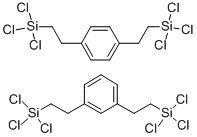
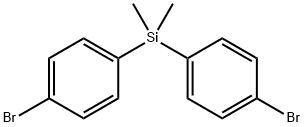
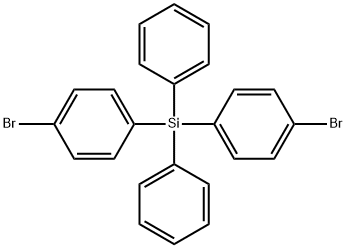
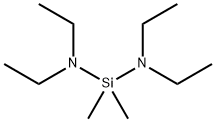

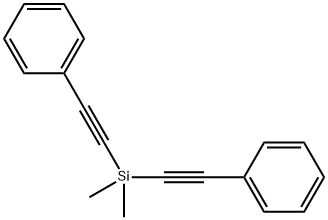

You may like
-
 Bis(trimethylsilyl)acetylene 98.00% CAS 14630-40-1View Details
Bis(trimethylsilyl)acetylene 98.00% CAS 14630-40-1View Details
14630-40-1 -
 Bis(trimethylsilyl)acetylene CAS 14630-40-1View Details
Bis(trimethylsilyl)acetylene CAS 14630-40-1View Details
14630-40-1 -
 Bis(trimethylsilyl)acetylene, 99% CAS 14630-40-1View Details
Bis(trimethylsilyl)acetylene, 99% CAS 14630-40-1View Details
14630-40-1 -
 Bis(trimethylsilyl)acetylene 97% CAS 14630-40-1View Details
Bis(trimethylsilyl)acetylene 97% CAS 14630-40-1View Details
14630-40-1 -
 Bis(trimethylsilyl)acetylene CAS 14630-40-1View Details
Bis(trimethylsilyl)acetylene CAS 14630-40-1View Details
14630-40-1 -
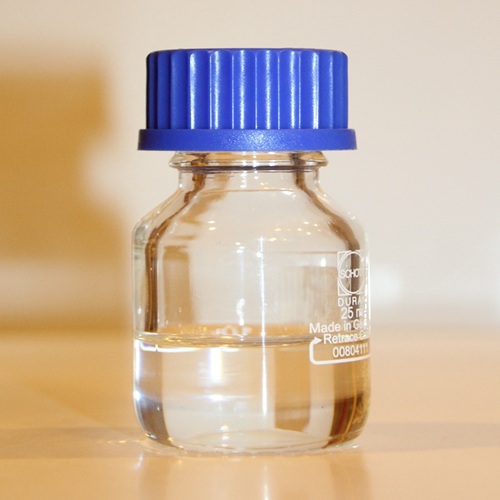 Pyridine 99.5% HPLC /UV SpectroscopyView Details
Pyridine 99.5% HPLC /UV SpectroscopyView Details
110-86-1 -
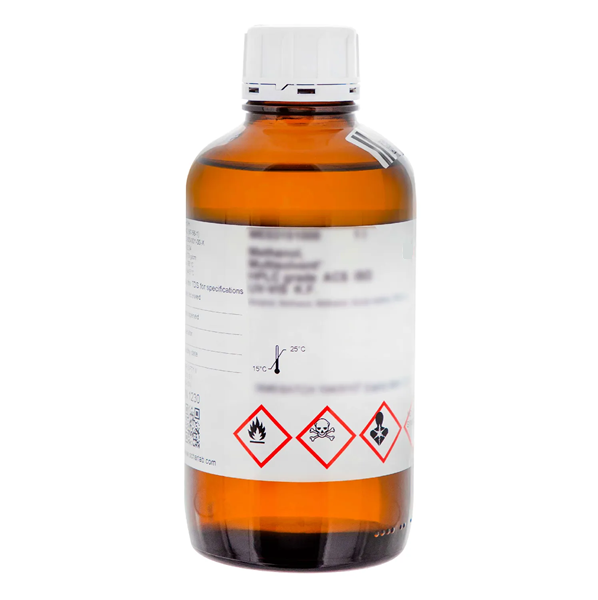 Dibutyl PhthalateView Details
Dibutyl PhthalateView Details
84-74-2 -
 Thiourea 99% ARView Details
Thiourea 99% ARView Details
62-56-6
